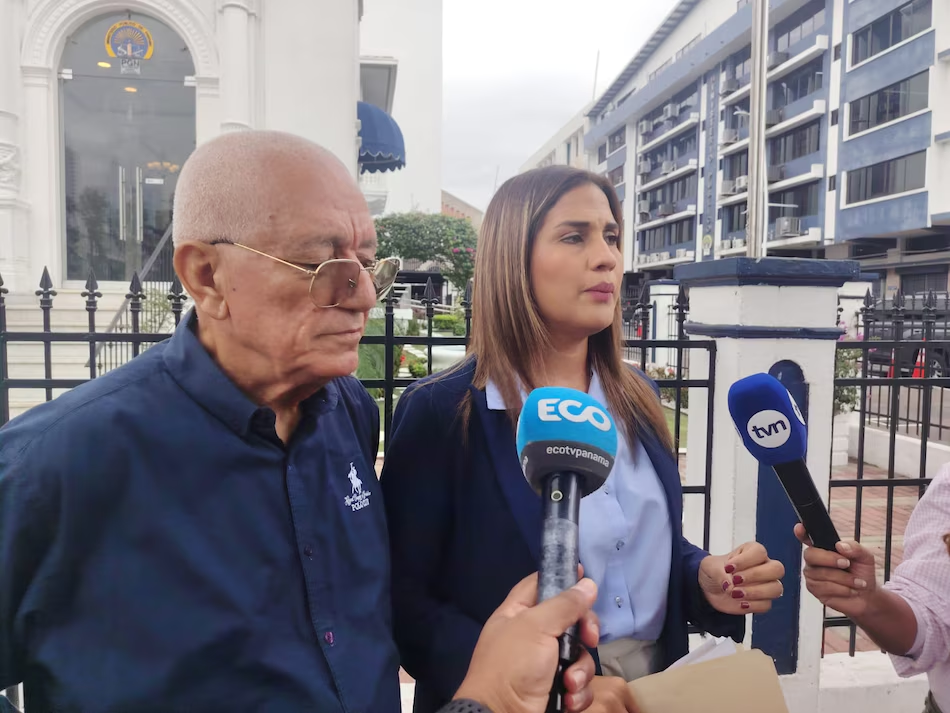Panama Papers : Government moves to damage control

PANAMA’S government has moved to try to limit the damage to the count ry’s image, inflicted by worldwide coverage of the “Panama Papers”,scandal when over 11.5 million files of local law firm Mossack Fonseca were released identifying thousands of people from the rarified air of the rich and famous from all walks of life from country leaders to entertainers and sports stars, who hide their wealth in secret offshore shell companies, some of which are used to launder money or avoid international sanctions or predatory spouses.
In what some see as akin to a classic example of bolting the barn door after the horse has bolted, the government called a press conference on Tuesday April 5 to “categorically deny” that Panama is a country that is not cooperating in the fields of money laundering and tax evasion.
“It surprises us that countries like France place us on lists despite agreements to share information,” said Deputy Foreign Minister Luis Miguel Hincapié, who spoke along with ministers Alvaro Aléman (Presidency) and Dulcidio de la Guardia (Economics and finance), and Foreign Ministry advisor Gian Castillero.
They were reacting to the decision this morning by French Finance Minister Michel Sapin to place Panama on its list of non-cooperative states and territories in fiscal matters.
Hincapié will meet with the French ambassador to Panama on Wednesday.
Aléman said that the government will analyze possible actions, among which would be the application of retaliatory measures.
“Panama has changed. We are promoting dramatic reforms that cannot be ignored by the international community,” said Aléman.
Last year, Panama updated its legal framework to prevent money-laundering and the financing of terrorism. The reforms covered the approval of seven new laws, including the regulation of non-financial sectors – such as law firms – and the creation of a regime of custody of bearer shares. As a result of the legal changes, the country was removed from the grey list of the Financial Action Task Force.
This week, however, an investigation has linked the Panama law firm Mossack Fonseca with a vast number of prominent politicians in foreign countries, leading to allegations the firm assisted with the hiding of the proceeds of corruption. But Aleman said that the problems raised in the investigation are due to the practices of the law firm, and not of the country.
“This is a report that speaks of documents of a firm of lawyers, not our financial services platform,” said Aléman.
De la Guardia said that Panama was not a tax haven, noting that 75 percent of government revenues come from taxes of revenue generated from inside the country.
In addition, he noted Panama has signed agreements to avoid double taxation, which includes provisions for the exchange of tax information.





